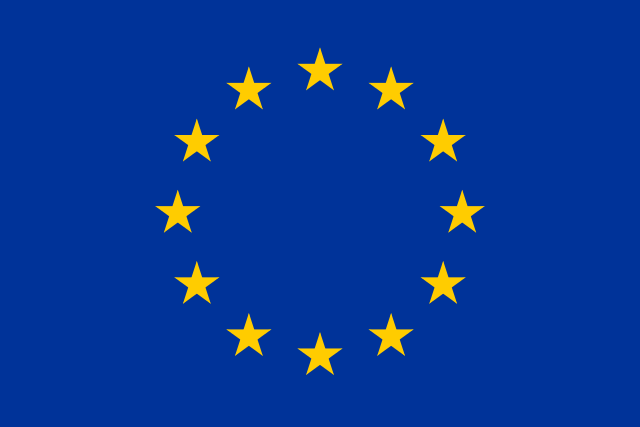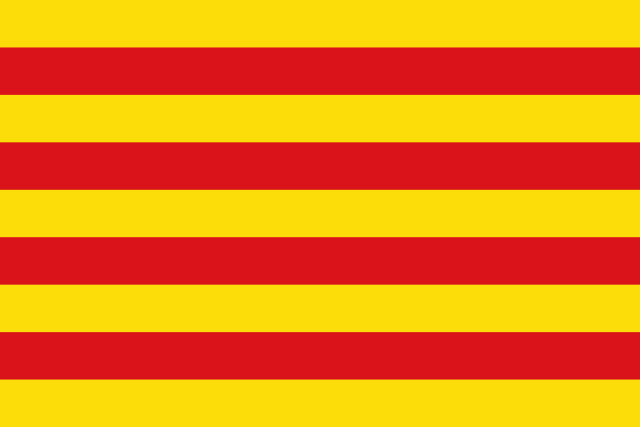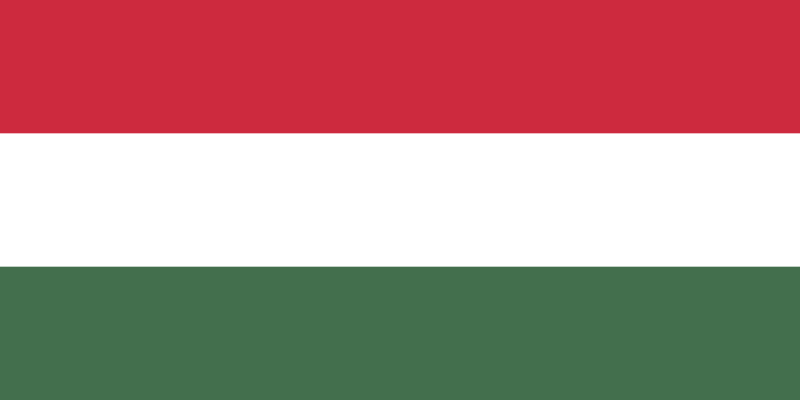And now we turn to my beloved Portugal. Are dramatic headlines of Portugal’s democracy being subverted to EU neoliberalism fair or a tempest in a teapot?

The international business editor of The Daily Telegraph (in the UK), Ambrose Evans-Pritchard, published a column this past Friday with the dramatic headline “Eurozone crosses Rubicon as Portugal’s anti-euro Left banned from power”. The subheader followed up equally dramatically with “Constitutional crisis looms after anti-austerity Left is denied parliamentary prerogative to form a majority government.”
I’m not sure this take on the situation is exactly accurate (as I’ll get into below), but let’s take a look at the explanation provided in the column.
Anibal Cavaco Silva, Portugal’s constitutional president, has refused to appoint a Left-wing coalition government even though it secured an absolute majority in the Portuguese parliament and won a mandate to smash the austerity regime bequeathed by the EU-IMF Troika.
He deemed it too risky to let the Left Bloc or the Communists come close to power, insisting that conservatives should soldier on as a minority in order to satisfy Brussels and appease foreign financial markets.
Democracy must take second place to the higher imperative of euro rules and membership.
[…]
Mr Cavaco Silva argued that the great majority of the Portuguese people did not vote for parties that want a return to the escudo or that advocate a traumatic showdown with Brussels.
This is true, but he skipped over the other core message from the elections held three weeks ago: that they also voted for an end to wage cuts and Troika austerity. The combined parties of the Left won 50.7pc of the vote. Led by the Socialists, they control the Assembleia.
While I’ve expressed or anticipated very similar concerns about balancing democracy and the demands of the European Union’s technocracy upon national governments in other situations, I’m not quite ready to jump on this op-ed’s bandwagon. Why? To me, it seems potentially like it might be an over-reaction or at least misdiagnosis of the situation. Here’s what I notice about it.
For one thing, Anibal Cavaco Silva, the president trying to keep the center-right PSD government in power, is the former leader of the PSD (and prime minister for 10 years). That’s a huge problem if that’s his motivation here, but it’s a different problem than (essentially) arguing “he’s subverting democracy for an agenda in Brussels.”
Next, it’s also worth pointing out that the PSD did finish first and — as I understand it — therefore gets first crack at forming a government, whether or not anyone else is pitching a majority. He actually does acknowledge that in the piece, but it’s definitely buried in there:
The conservative premier, Pedro Passos Coelho, came first and therefore gets first shot at forming a government, but his Right-wing coalition as a whole secured just 38.5pc of the vote.
Yes the PSD and their allies lost seats, but it’s not like the Socialists and their allies won a convincing victory and are now being denied out of hand the chance to govern.
Lastly, even if his motivations or rationale are dubious, President Cavaco Silva identifies a legitimate quandary with coalition governments: If the vast majority of the country didn’t vote for a (relatively) radical party with sharply divergent policy views from the larger parties, should the country then be taken along for a ride on the agenda demands of a junior coalition partner?
That’s certainly something I question whenever a far-right party ends up in coalition with a center-right party. It just happens in this case that the Communists or Left Bloc (who would be the two junior partners of the Socialists) want to leave the euro and a bunch of other econo/fiscal things, rather than proposing some Portuguese version of the Sweden Democrats or whatever.
I don’t know if the president is making the right call on that particular philosophical/theoretical debate on coalition governments — and perhaps the Socialists wouldn’t have allowed some of the extreme agenda points in a coalition agreement — but it’s at least a somewhat legitimate democratic concern (whether or not he’s sincere about it).
All that being said, the bigger thesis of the column, beyond the shock headline and opening, is actually about how the damaging austerity regime will continue under the center-right government, which is bad news for Portugal. I pretty much agree with that part.
Also, I agree that if the Socialists, Communists, and Left Bloc parties all stick together in the opposition and manage to block major PSD agenda items and budgets, then the minority government under the PSD would probably stumble quite badly and struggle to survive confidence votes, which is not ideal. (And constitutionally there can’t be fresh elections for almost another year.) And that may well be a good reason to let them form a government now. But it doesn’t require it per se. And the three-party alliance may fall apart anyway.







